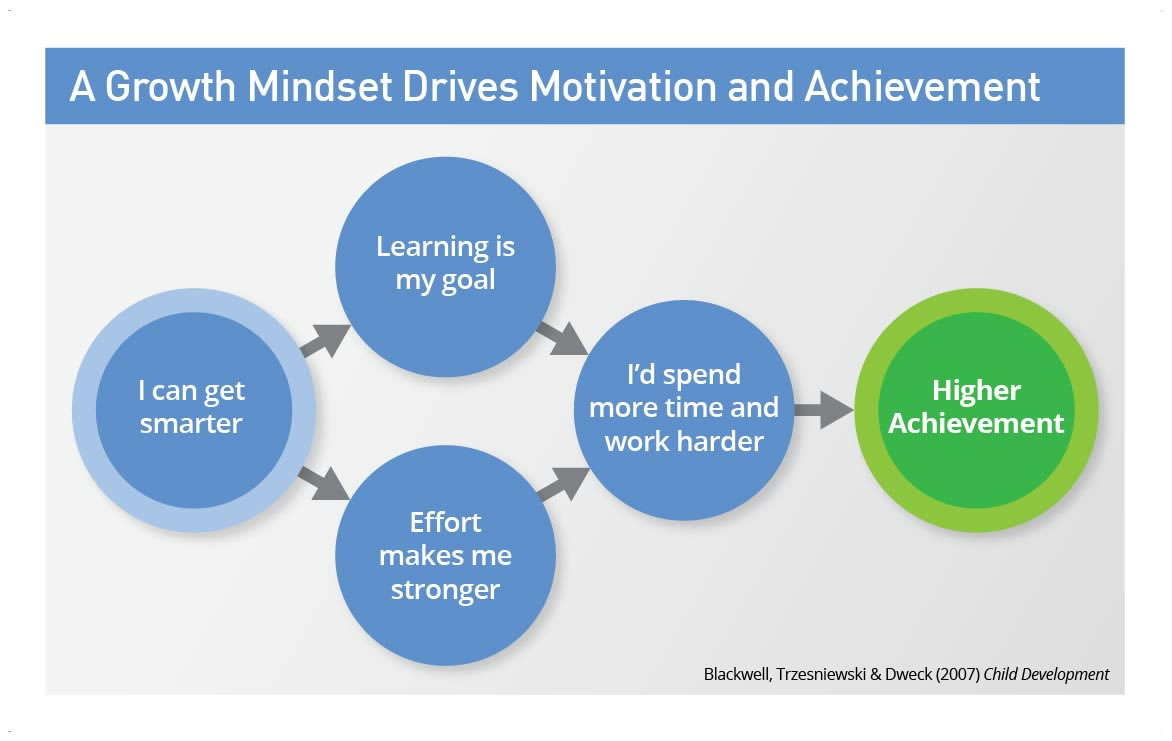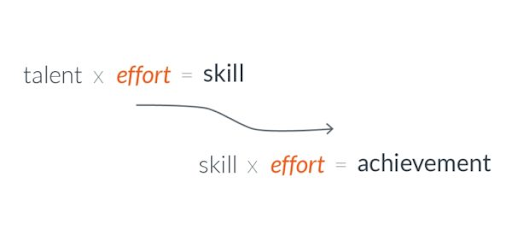It’s that time of year again where we hopefully have the time to reflect on the year that was and look forward to the year that will be—what great things could be in store for our relationships, our business, and our lives in general? Business-wise, now is the time we revisit the key metrics we set out to meet this year, celebrate victories, study shortfalls, begin to make adjustments, and set new, exciting goals for the coming year.
For many, however, the mere mention of goals can trigger uncomfortable feelings. Sadly, some agents will reach for any excuse they can think of to avoid writing down their objectives for the future. What’s the source of such a counterproductive aversion?
One of the biggest reasons people shy away from physically writing down their goals is the fear of failing. Failure is inevitable whenever we strive to grow in any part of our lives; it’s a built-in part of the process. However, the key is remembering that failure is not a permanent condition. In fact, neuroscience has shown us how connectivity between neurons is altered by lived experience. When we practice, neural networks grow new connections, strengthen existing ones, and build insulation that speeds up the transmission of impulses. We can increase our neural growth by the actions we take, such as using effective strategies, asking questions, practicing techniques, and building healthy nutrition and sleep habits.

Carol Dweck’s study at Stanford University supports these findings, and she is credited with advancing the idea of the “growth mindset” as we know it—the belief that one’s ability to learn is not fixed, and that it can be shaped by one’s own efforts. In her study of thousands of children, Dr. Dweck has demonstrated that when kids read and learn about the brain and how it adapts in response to challenges, they’re much more likely to persevere when they fail because they don’t believe that failure is a permanent condition.

This growth mindset essentially reduces the value of natural talent as a fixed factor in the equation of achievement while simultaneously placing greater emphasis on the value of effort—something we all have control over.
Will Smith has a killer quote about effort that I think about all the time:
“The only thing that I see that is distinctly different about me is… I’m not afraid to die on a treadmill. I will not be out-worked, period. You might have more talent than me, you might be smarter than me, you might be sexier than me, you might be all of those things—you got it on me in all nine categories. But if we get on the treadmill together, there [are only] two things [that can happen]: You’re getting off first, or I’m going to die. It’s really that simple.”
So, how do we put the growth mindset into action? At the Jelmberg Team, it’s our two weekly trainings and weekly coaching and accountability is the arena in which we practice, learn, and push our growth forward.
How Can Deliberate Practice Help You Build Your Business?
If you have any questions or would like to know more about the coaching, training, or support we provide our agents, reach out by phone or email. I would love to help you.





